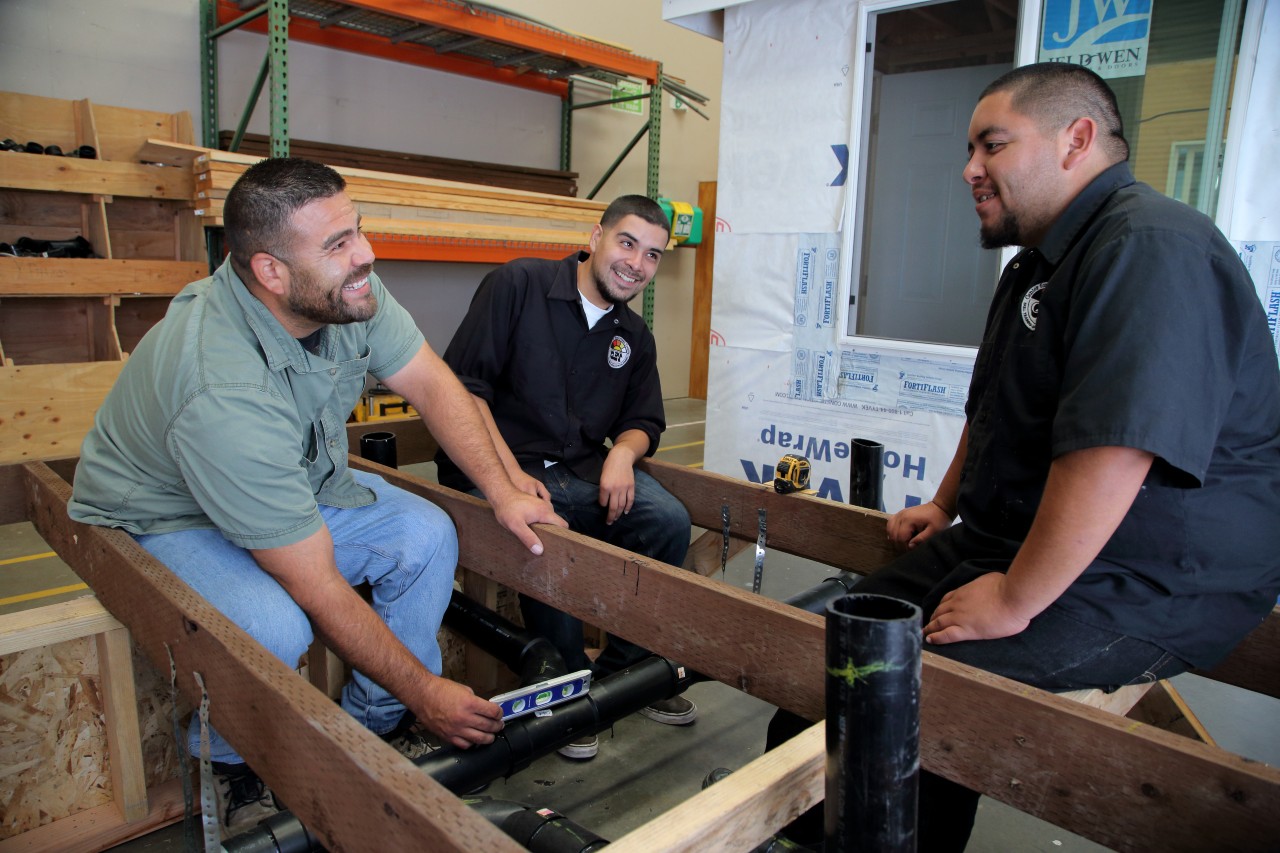Trade School, Everything You Need to Know - CET
What do trade schools do? How long does a trade school take? How much does it cost? Is a trade school right for you? You have questions, we have the...
3 min read
 Amy Lawrence
:
Aug 4, 2021 9:00:00 PM
Amy Lawrence
:
Aug 4, 2021 9:00:00 PM

If you are considering learning a trade, one of the questions you may be asking yourself is, “what is the easiest trade to learn?” Unfortunately, there is no simple answer to that question.
Of course, what trade school program is considered the easiest will depend on the perspective of the person answering the question. Different programs may seem very easy to one person and very difficult to another. The important thing is to find a program that suits your interests and skills so you’ll have the greatest chance of success once you start working.
As an exercise, try thinking about potential trades that build upon your existing body of knowledge.
Is working with numbers and solving math problems a strong suit of yours? Consider learning a trade like Accounting Clerk or Business Office Administration.
If you have a talent for using power tools and working with your hands, trades like Automotive Specialist or HVAC Specialist may be the best for you.
The easiest trade job to learn (or any job, really) will always be the one that works well with your passions and abilities. So, it’s worth taking the time to think about what you’re good at and what you might enjoy doing. When you find a trade that combines those two elements, that will likely be the easiest trade to learn for you.
But what’s interesting and easy aren’t the only factors you need to consider before pursuing a trade. You’ll also have to think about the level of demand for different trades.
The demand for workers in a given field is something to consider because higher demand generally means higher salaries, a greater chance of employment, and more job security. If there are fewer qualified workers than there are open jobs, then you’ll be in great shape to land a favorable position.
The list of trades that are in high demand now and are forecasted to have high demand growth over the next decade according to the US Bureau of Labor Statistics includes:
After thinking about your skills and interests, you can do some research into different trades that might suit you and their projected demand growth over the next few years. Remember that faster growth means more opportunities for you.
For a longer list of potential trades to consider, check out the list of programs offered at CET. Any one of them could be the best trade for you.
Many trade jobs have a reputation of being very hard on your body, especially after a lifetime of work. If that’s something you’re concerned about, you should factor that into your thinking when choosing a trade to pursue.
So what is the most physically demanding trade?
It’s hard to say. According to the New Jersey Business & Industry Association, contractors and consumers alike ranked roofing and demolition the most physically demanding trades. Contractors also ranked carpentry, drywall and insulation, and cleaning in the top five.
How about what is the least physically demanding trade?
The consensus seems to be that plumbers and electricians have the least physically demanding work among the skilled trades.
That doesn’t mean that those are the best trades, however, and if carpentry is what interests you, you shouldn’t allow its reputation of being physically demanding to deter you. You might enjoy one of the more physically demanding trades more than one of the less physically demanding ones. It all depends on what you’re looking for.
Something else you’ll probably be thinking about before deciding to go to a trade school and selecting a program is how much time you’ll have to invest. Luckily, trade school programs are much shorter than four-year or even two-year college degrees so you’ll be able to start making money quickly.
Many of the programs at CET can be completed in less than a year and some take as few as seven months.
Generally, programs at CET are either daytime or evening programs, meeting for six hours every day from Monday or Friday. With the Culinary Arts program, for example, you would meet in the evening and be able to complete the entire program in about seven months.
The time will fly by and before you know it, you’ll be ready to enter a profitable, exciting new career in a trade.
The right trade school program for you is out there and if you get started soon, you could be on your path to success in no time. Find out more about how CET can help you on your journey here.

What do trade schools do? How long does a trade school take? How much does it cost? Is a trade school right for you? You have questions, we have the...

So, do they? The answer is: most do not. Trade schools may require that you have completed high school or your GED education, pay a fee, and/or show...